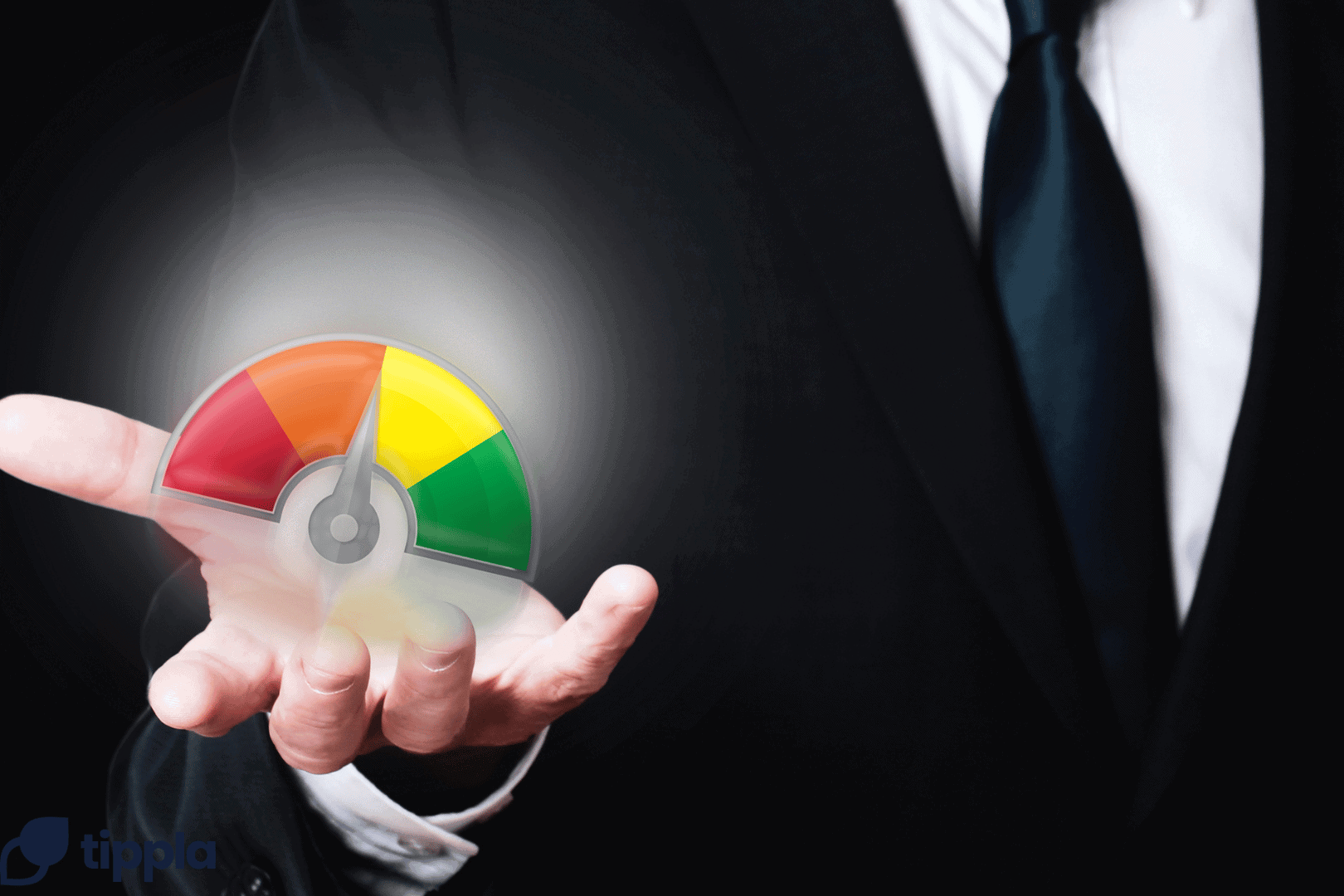Published in July 28, 2021
How to sell a car with a loan on it

Here’s what you need to know if you want to sell a car with a loan on it.
Many people take out a car loan to purchase their vehicles. This allows them to buy a new or used car with borrowed money, and pay it back in increments over a set amount of time. However, what process should you take if you decide to sell your car with a loan on it? Although it’s not impossible to sell a financed car, the process tends to be more complicated, especially if you’re selling it independently as opposed to selling it to a dealership.
If you want to sell a car with a loan on it requires communication between you, your lienholder and the buyer to make the process possible and convenient. Here’s what you need to know about selling a car with an ongoing loan.
What is a lien?
A lien is just another term for the legal interest your lender takes in the property they gave you the loan for. Taking out a loan from a financial institution makes you’re your lienholder. However, if your lenders sell your loan to a third party, your lienholder might change.
You and your lienholder will most probably be listed on your car’s title certificate. A car’s title, also called a pink slip, is just a legal document issued by your Department of Transport that states the vehicle’s owner. When you sell your car, you’ll sign the car’s title over the new owner.
But if there’s a lien on your car, you’re not the only one with a financial state in the vehicle. Before having someone else take ownership of the car, the loan must be paid off. Taking out a loan on your car may mean you won’t have the car’s title, it can be kept under a lender until the loan is paid off. You might need to directly go to a lender to pay off the loan and sign the title to the car’s new owner. That’s one of the reasons why selling a vehicle with a loan on it can get complicated, but you still have multiple options.
Selling a car with a loan to a dealership
If you plan on selling your car before the loan is paid off, an option you could consider is selling it to a car dealership. You might not sell it for the best price compared to the price you’d get from an individual buyer. However, car dealers are used to working with different types of drivers, so they could be helpful to you and your lienholder. Additionally, they might also pay you in cash, which is helpful for quickly unloading your car.
Before settling on one dealership, ensure you’ve visited multiple and compared the offers from each. This will also help you determine the worth of your car.
Inform the dealership that there’s a lien on your car. They’ll work with your lienholder to get the title from them, which means paying off the loan balance, and then they’ll give you the rest of the value of the car. But if you owe more on the car than it’s worth then you’ll wind up owing the dealership.
Sell a car with a loan on it to an individual buyer
Sometimes, you can get better deals from selling to private buyers as opposed to dealerships. However, it could also be a little more complicated. When selling your car, make sure the buyers know there’s an outstanding loan on the car and that it’s being held by the lienholder. You want to make sure any prospective buyer knows that purchasing your car won’t be as easy as showing up, handing over the payment, picking up the signed-over title and driving away.
Before you sell your car, you should contact your lending institution and make them aware. They might have a process to follow to sell your car. They will also give you the payoff amount, which is the amount you need to pay off the loan immediately. On the contrary, if your loan was taken from a brick and mortar location, it would be best to conduct the sale there.
You, the buyer, and the lender will have to all be present for the process. The money the buyer pays will pay off the loan balance and the remainder will be yours. Then finally, you’ll be able to sign the title over to the car’s new owner. It’s essentially making two transactions at one, paying your remainder as well as selling the car to a new buyer.
Whether you’re going to a physical location or online, you might still go through a similar process with the lender and the car’s buyer. Although it might take a little longer, your lender may be able to send the title to the new one as soon as you’ve paid off your loan. If you completely sell your car, make sure you also cancel your car insurance.
Sell a car with a loan on it: it is possible!
Although it’s harder to sell a car with a loan on it than if it was paid off, it is still possible. You just need to be prepared for a bit more effort.
Want to learn more about loans? Head to Tippla to find out more!
While we at Tippla will always do our best to provide you with the information you need to financially thrive, it’s important to note that we’re not debt counsellors, nor do we provide financial advice. Be sure to speak to your financial services professional before making any decisions.
Related articles

Credit Scores and Business Loans in Australia
30/08/2023
Building Credit for Your Company Disclaimer: This content does...

Secured Loans: What You Should Know
09/12/2024
Looking for secured loans? When shopping for a loan,...

What’s the Most Efficient Way of Building Your Credit Score?
28/07/2021
Building good credit: Where to start Good credit can...

Which major banks can I get a personal loan from?
28/07/2021
Are you looking for a personal loan from a...
Subscribe to our newsletter
Stay up to date with Tippla's financial blog